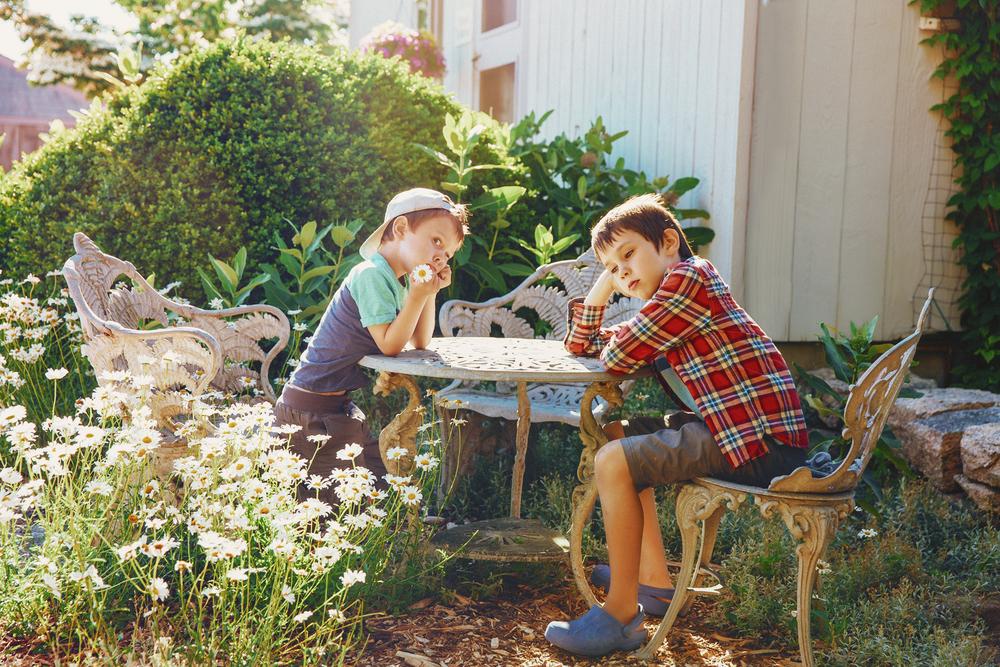Today’s children are experiencing alarming levels of stress, anxiety, and depression compared to past generations. So why does happiness elude so many of them?
I asked Dr. Hansa Bhargava, pediatrician and author of “Building Happier Kids: Stress-Busting Tools for Parents,” for her advice. Here’s what she said:






